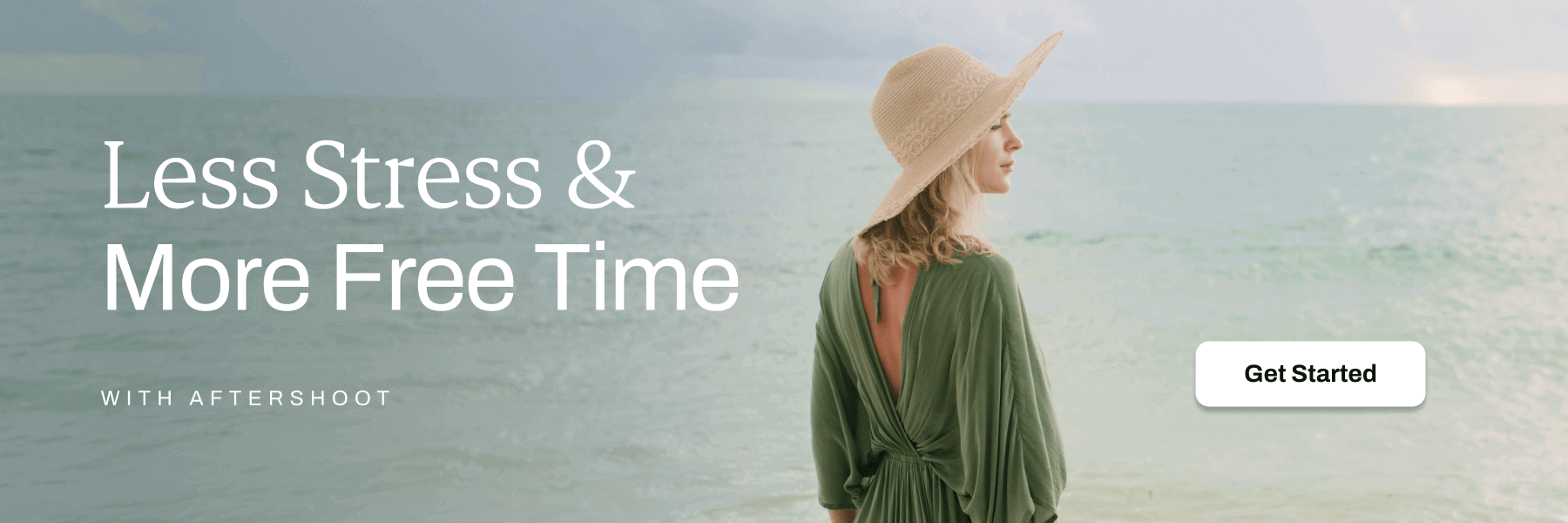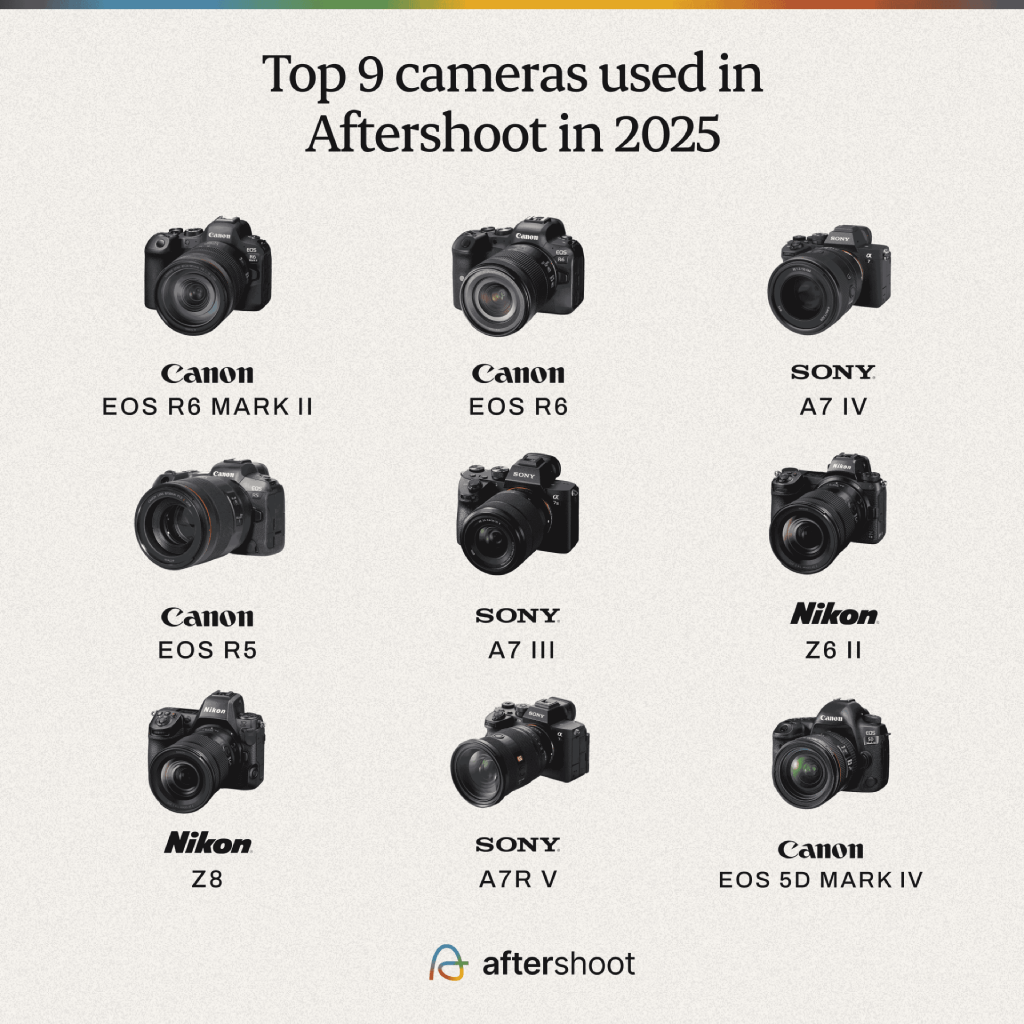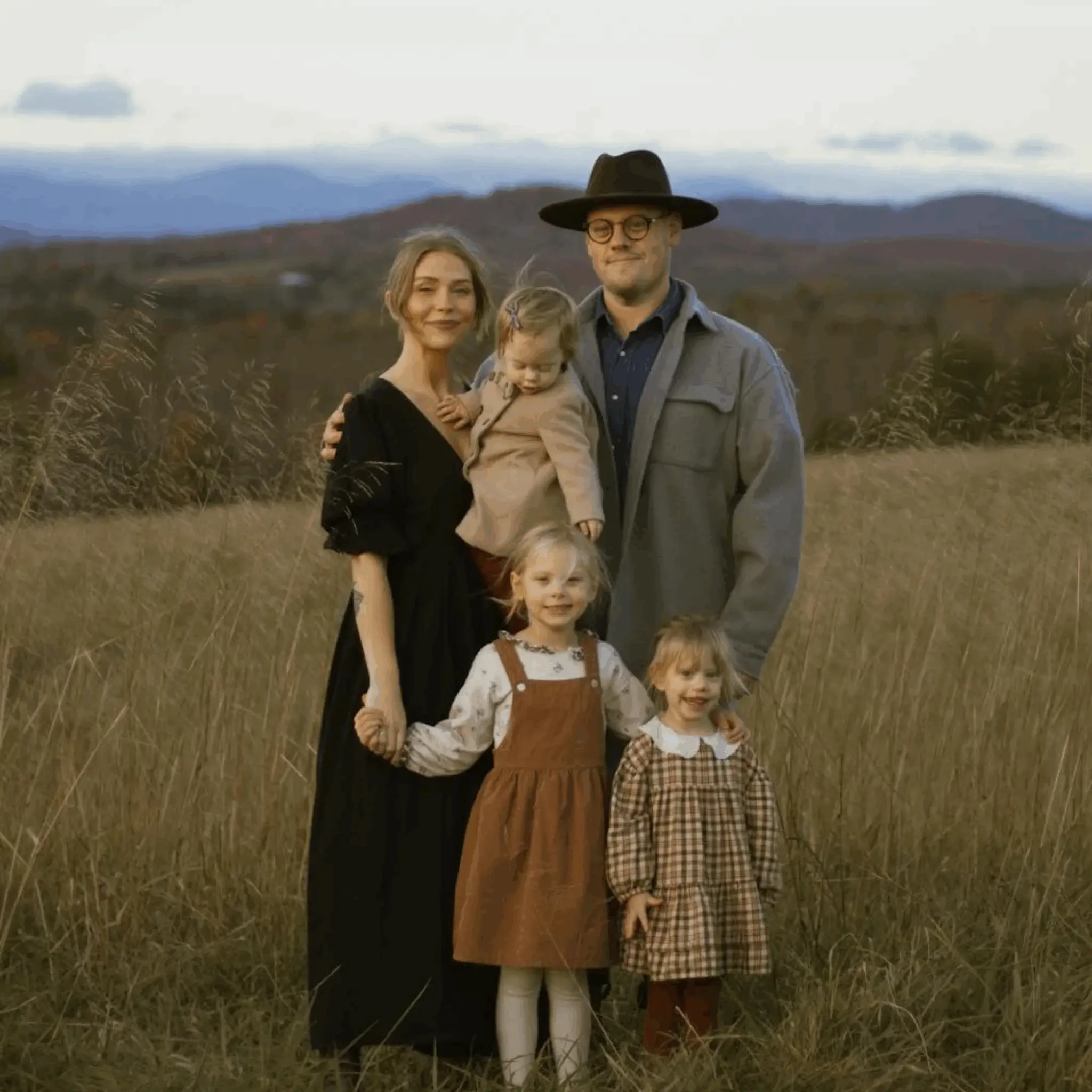Photographer mental health is a vital yet often tricky thing to achieve and maintain, with “burnout” being an all-too-familiar term among photographers everywhere.
As photographers, we are all in pursuit of finding a work/life balance, with every intention of making it happen in every new photography season.
Alas, balance is like a unicorn – everyone wishes they could see one, but they’re impossible to find.
Maintaining mental health is essential for photographers, but it’s easier said than done.
Being productive and efficient in your workflow will help free time for rest and think breaks. However, finding your productivity groove can be incredibly challenging when stress levels start to rise.
In this article, we’ll talk about:
- The challenges photographers face due to the nature of the profession
- What causes a photographer’s mental health to deteriorate
- Why mental health is essential for photographers
- The impacts of stress on your overall well-being
- Ten things photographers can do to improve their mental well-being
- How AI tools can help boost productivity
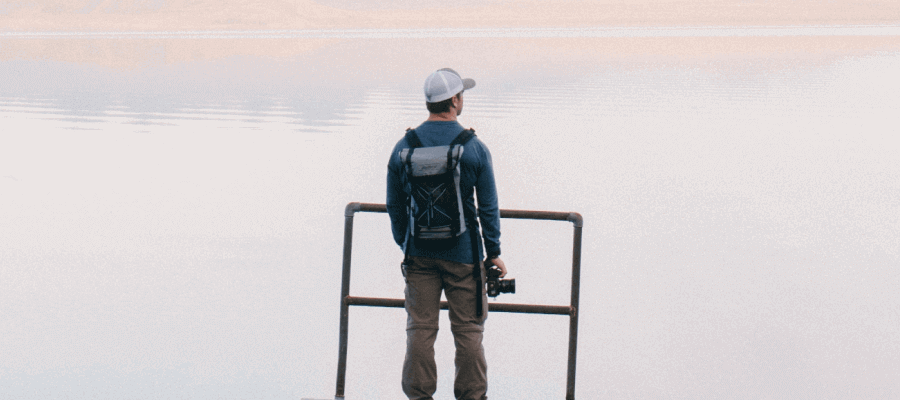
Understanding the challenges photographers face
The demands and mental load of photography are unsuspecting.
What can appear to be a career consisting of only pulling out a camera one or two days a week is not the whole picture.
Have you ever had a guest at every wedding tell you, “It must be nice to work only on weekends?”
Taking pictures is just one of the many hats required to run a successful photography business.
What the guest doesn’t see are the hours spent bookkeeping, culling, editing, marketing, and managing projects.
Then there’s also new gear to learn, trends to follow, social media platforms to update, SEO to consider, and invoices to create.
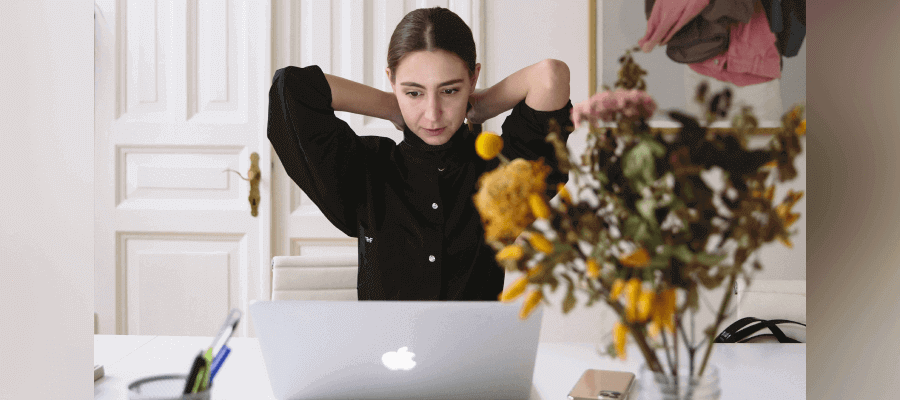
Photographer mental health can deteriorate for many reasons
“Many of us have to deal with fatigue and an overload of tasks. Sometimes it is not easy to achieve a balance between having a successful career and a happy family.”
Maria Del Valle Presser, Children’s Portrait Photographer
- Juggling a career and being a parent can be overwhelming.
- It’s easy to feel the stress of an editing queue.
- Worrying about the financial impact of not booking up a season.
- The anxiety of trying to book clients and earn an income in the slower seasons.
- Comparing your work to that of another photographer can be deeply upsetting when a couple you had hoped to book chooses someone else.
- Many photographers work alone and have to fulfill multiple roles simultaneously, which can increase stress levels and cause burnout.
These roles include client relationship management, marketing, shooting, post-production, and business/financial management.
- The hours are long, and even though much of the work is done in isolation, the physical and emotional energy required to stay alert on a wedding day or during a session is taxing.
- Imposter syndrome is real, and stress often results in creative blocks.
- Redundant photography jobs can lead to burnout and a loss of passion for your craft.
- It’s not easy to “switch off” when you’re working from home, as many photographers do.
“Anything that I can do to speed up my tasks for work is a big deal to me. It allows me more time to spend with my family and not be stressed when I close the office door at the end of the day.”
Meredith Ryncarz, Wedding & Boudoir Photographer
Watch the video below to get helpful tips from Jess, a photographer and host of That Tog Spot on YouTube.
She discusses her own struggles with mental well-being as a photographer and provides actionable strategies to protect your mental health and deal with stress and isolation.
Why is mental health vital for photographers?
Mental health is essential for photographers because it directly influences their creativity, productivity, and overall well-being.
The demanding nature of their profession, with tight deadlines, high expectations, and the constant pursuit of perfection, can lead to stress, burnout, and creative block.
A healthy state of mind allows photographers to maintain focus, find inspiration, and explore innovative ideas.
It enables them to cope with the industry’s challenges, fostering resilience in the face of setbacks.
By prioritizing mental health, photographers can sustain their passion for their craft, deliver exceptional work, and cultivate a sustainable, fulfilling career that brings joy and satisfaction to both themselves and their clients.
The impact of stress on your health
Don’t forget that your mental health also affects your physical health.
Stress can manifest in various ways, including:
- Insomnia
- Stomach ache
- Headaches
- High blood pressure
- Weakened immune system
- Muscle tension, and more
Read more about how stress affects your body and health.
10 things photographers can do to improve mental well-being
1. Set realistic goals
Photographers often face tight deadlines and high expectations, which can cause a lot of stress and anxiety.
Setting realistic and achievable goals is essential for maintaining a healthy work-life balance.
- Break down larger projects into smaller tasks, and prioritize them based on deadlines and importance.
- Celebrate each milestone reached, as it will boost motivation and reduce feelings of overwhelm.
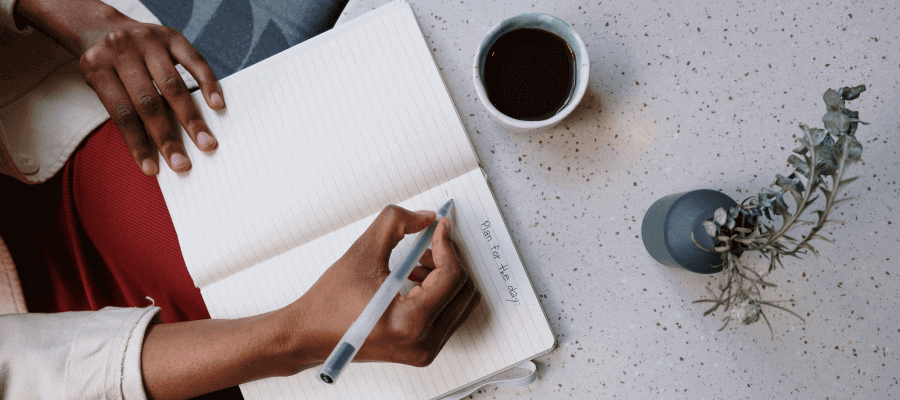
2. Establish boundaries
Photography enthusiasts, freelancers, and professionals alike should set clear boundaries between work and personal life.
Create a designated workspace to mentally “clock in” when it’s time to work and “clock out” when the workday ends.
This will prevent work from spilling over into personal time and help maintain a sense of balance.
3. Practice mindfulness & stress reduction techniques
Photographers often work in fast-paced environments, and stress can become a constant companion.
Practicing mindfulness techniques, such as meditation or deep breathing exercises, can help reduce stress and improve focus.
Read our article about mindfulness in photography for more details on the benefits of meditation.
Taking short breaks during shoots to regroup and re-center can also be beneficial for maintaining a clear and creative mind.
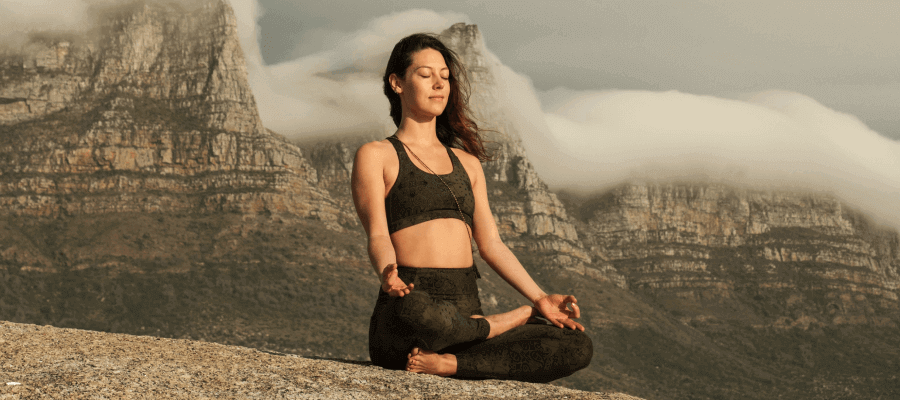
4. Connect with peers
The photography industry can be competitive and isolating.
Building a supportive network of fellow photographers can provide a sense of camaraderie and understanding.
You’re welcome to join the Aftershoot Facebook Community, where over 8K photographers talk about workflow, shooting, and gear.
Connecting with peers can offer valuable insights, advice, and emotional support – whether you’re attending photography events where you can meet in person or making online connections through local photography groups, forums, or social media communities.
5. Get regular exercise
As a photographer, you often have to endure long periods of standing, carry heavy equipment, and maintain focus for hours.
Regular exercise can alleviate physical tension and contribute to improved mental well-being.
Whether it’s yoga, jogging, or any other physical activity, finding time to move the body can enhance productivity and overall mental health.
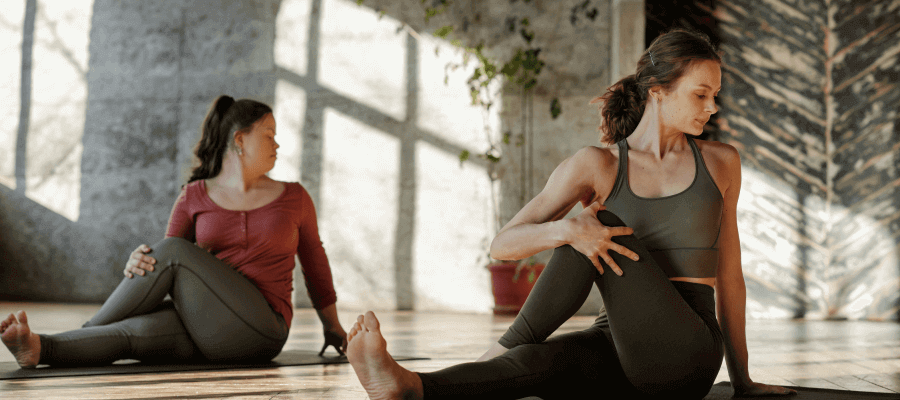
6. Prioritize sleep
Adequate sleep is crucial for cognitive function, creativity, and overall mental health.
Ensure you get enough restful sleep each night, as it directly impacts your ability to concentrate, problem-solve, and stay productive during shoots and post-processing tasks.
7. Embrace creativity beyond work
Photographers sometimes feel creatively drained after focusing solely on client projects.
To prevent burnout, engage in personal photography projects or explore other creative outlets or start shooting purely for enjoyment – not because of a job.
This can reignite passion and inspiration for your craft, enhancing productivity and the quality of your work.
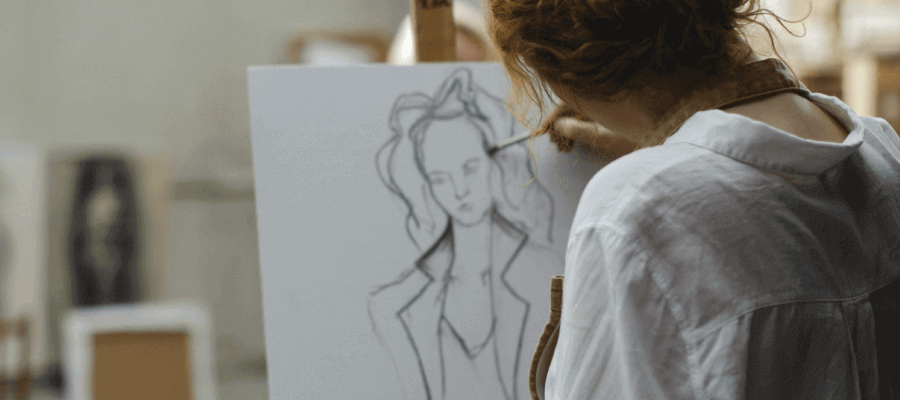
8. Take a well-deserved break
Sometimes all that’s needed to recharge and destress is a holiday.
Stepping away from work pressures and immersing in a relaxing vacation helps recharge creative energy and gain a fresh perspective.
The break reduces stress, anxiety, and burnout, fostering overall well-being.
Returning from the holiday could leave you feeling reenergized and refocused, enabling you to produce your best work and elevate your artistic potential.
9. Follow a healthy diet
Eating well and reducing alcohol consumption benefit a photographer’s mental health significantly.
A balanced diet rich in nutrients supports cognitive function, memory, and focus, enhancing creativity and productivity behind the lens.
Healthy eating habits stabilize mood and energy levels, reducing the risk of emotional fluctuations and stress.
Similarly, limiting alcohol intake promotes better sleep, which is essential for maintaining mental clarity and emotional well-being.
10. Seek professional support
If feelings of stress and anxiety become overwhelming and start affecting your well-being and work, don’t hesitate to seek support from a mental health professional.
Talking to a therapist or counselor can provide valuable coping strategies and improve your overall mental health.
How AI tools help photographers boost productivity
AI tools have emerged as powerful allies for photographers seeking to maximize productivity and elevate their creative potential.
These cutting-edge solutions offer a plethora of innovative features that streamline tasks, simplify workflows, and help alleviate some of the pressures of being a professional photographer.
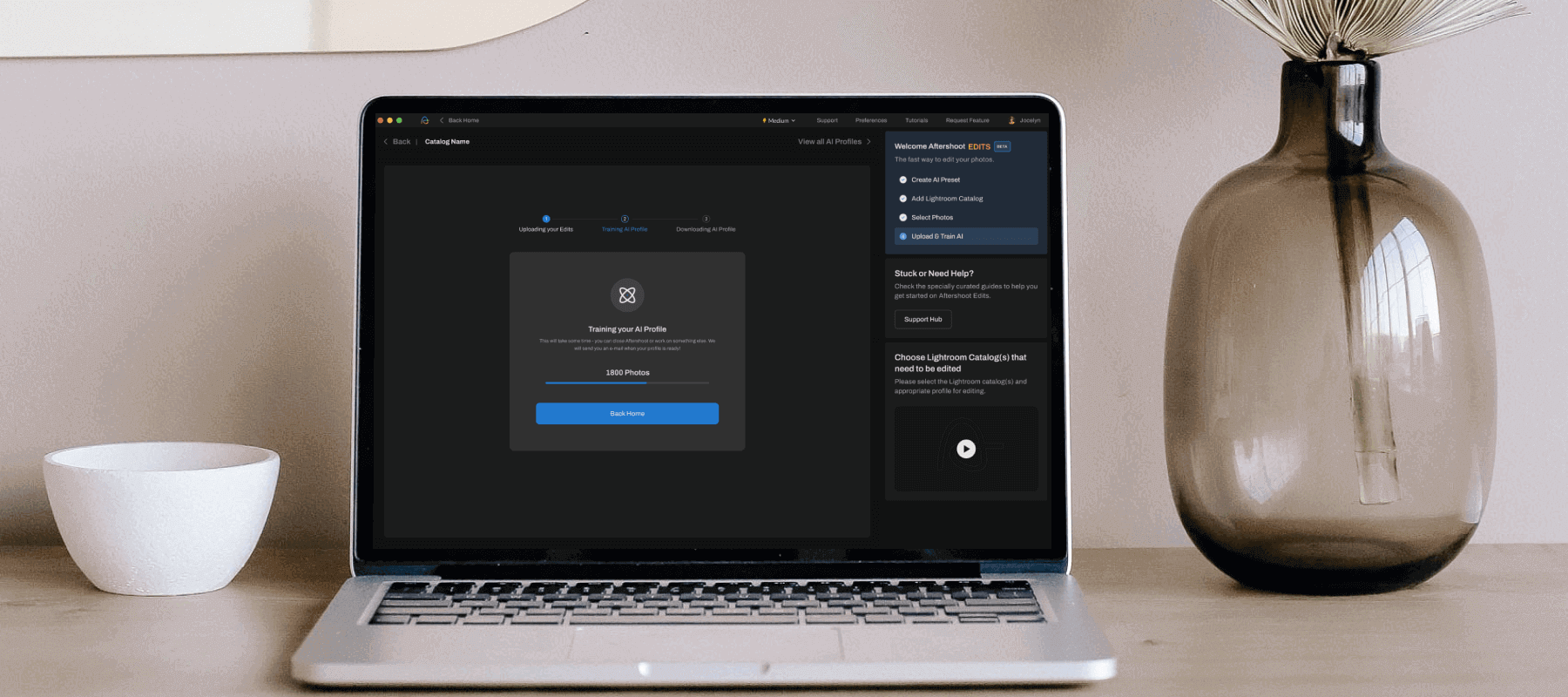
What is the impact of AI software on a photographer’s mental health?
- Using AI tools will free up time, and in many cases:
- Time is money
- Time is rest, and
- Time is clarity
- AI software can help reduce decision fatigue and task overwhelm. Checking something off of a list builds momentum and positively impacts mood.
- AI tools can also encourage innovative thinking, enabling you to express fresh creativity and get inspired in ways that a demanding editing schedule simply doesn’t allow.
- Image organization tools help photographers stay organized and eliminate the frustration of searching through countless images.
- AI software such as LandscapePro and Adobe Photoshop Generative Fill can help photographers overcome creative blocks by generating suggestions for creative compositions, lighting techniques, or color grading.
- Knowing you have AI tools that will speed up your post-shoot workflow can reduce stress during a shoot because you don’t need to worry about over-shooting and you’ll be able to deliver images to clients quicker.
Take a look at how Aftershoot helped two professional photographers in the following Trustpilot reviews.
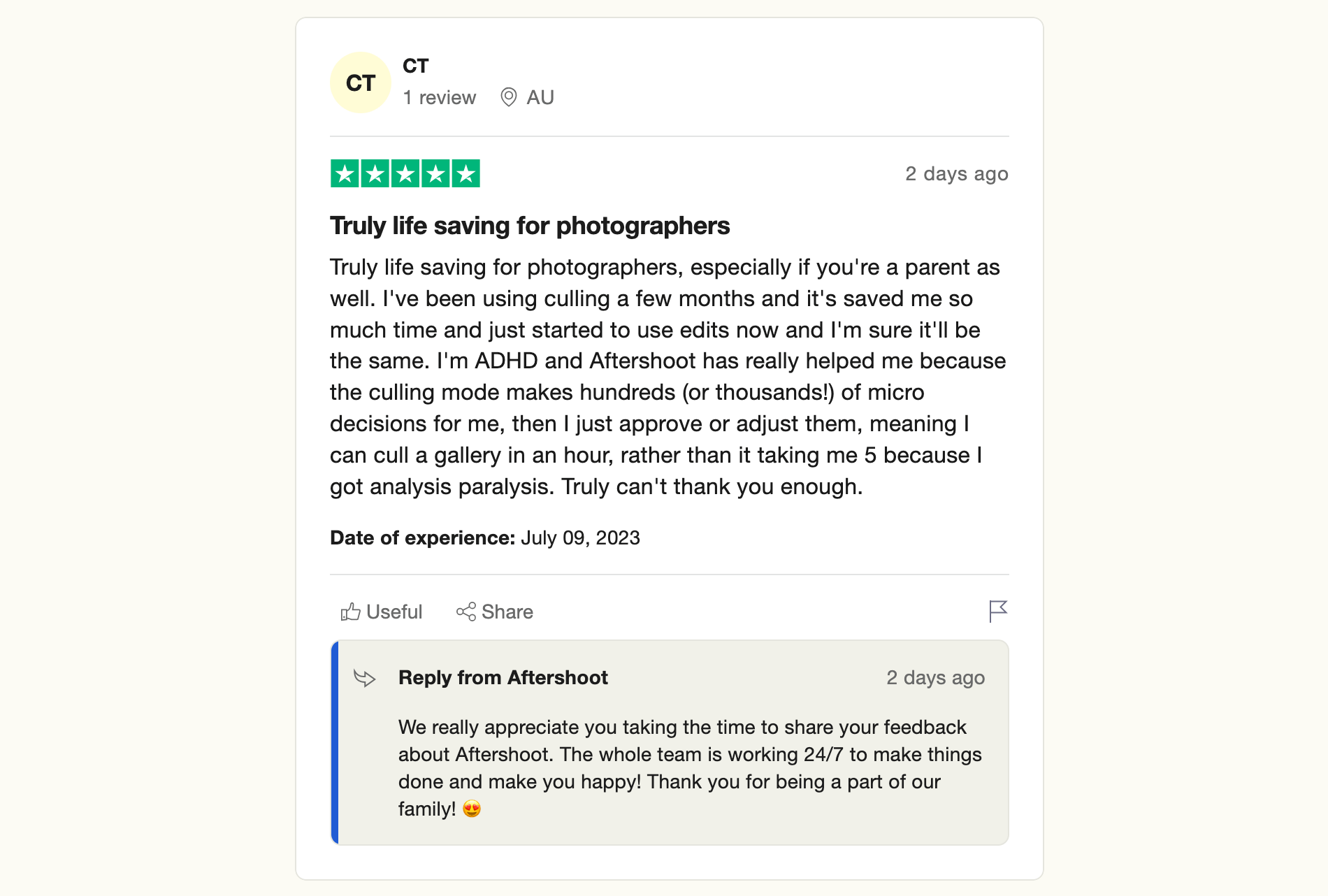
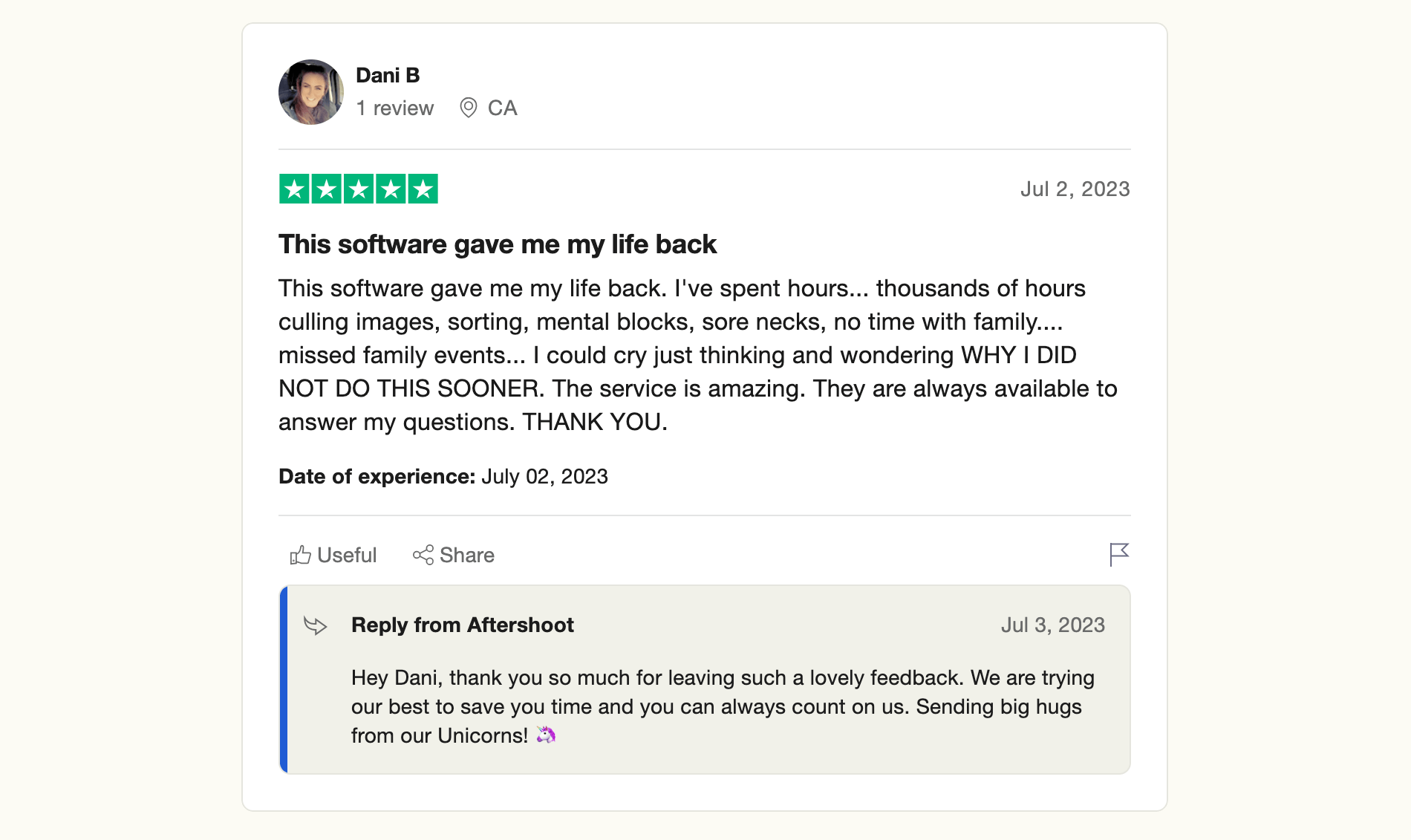
Although CRM software is not entirely AI-powered, Client Relationship Management platforms are also extremely useful in helping photographers manage clients efficiently and improve productivity, thereby saving valuable time and reducing stress.
Here is a list of 10 CRMs for photographers that are worth checking out.
In conclusion
Thriving as a photographer goes beyond capturing breathtaking images. It involves nurturing both mental health and productivity.
The challenges photographers face in maintaining a work-life balance and coping with the profession’s demands can take a toll on their well-being.
Recognizing the importance of mental health is the first step toward achieving a sustainable and fulfilling career.
Implementing practical strategies such as setting realistic goals, establishing boundaries, practicing mindfulness, and seeking peer support can make a significant difference in managing stress and preventing burnout.
Additionally, taking care of physical health through exercise and sleep, embracing creativity beyond work, and prioritizing personal well-being with a well-deserved break can enhance creativity and overall productivity.
Furthermore, the advancement of AI tools has revolutionized the photography process, providing valuable assistance in streamlining tasks and reducing decision fatigue.
Read this article with insights from Aftershoot’s founders to dive deeper into how AI transforms your life as a photographer and beyond.
By embracing these techniques and utilizing AI tools, photographers can find a harmonious balance between creativity, productivity, and mental well-being, ensuring a thriving journey behind the lens.
